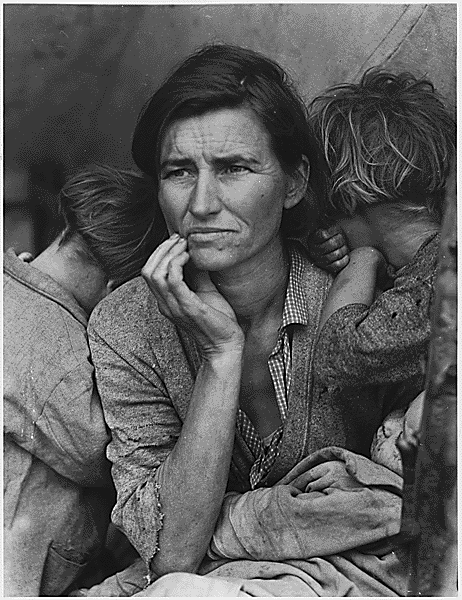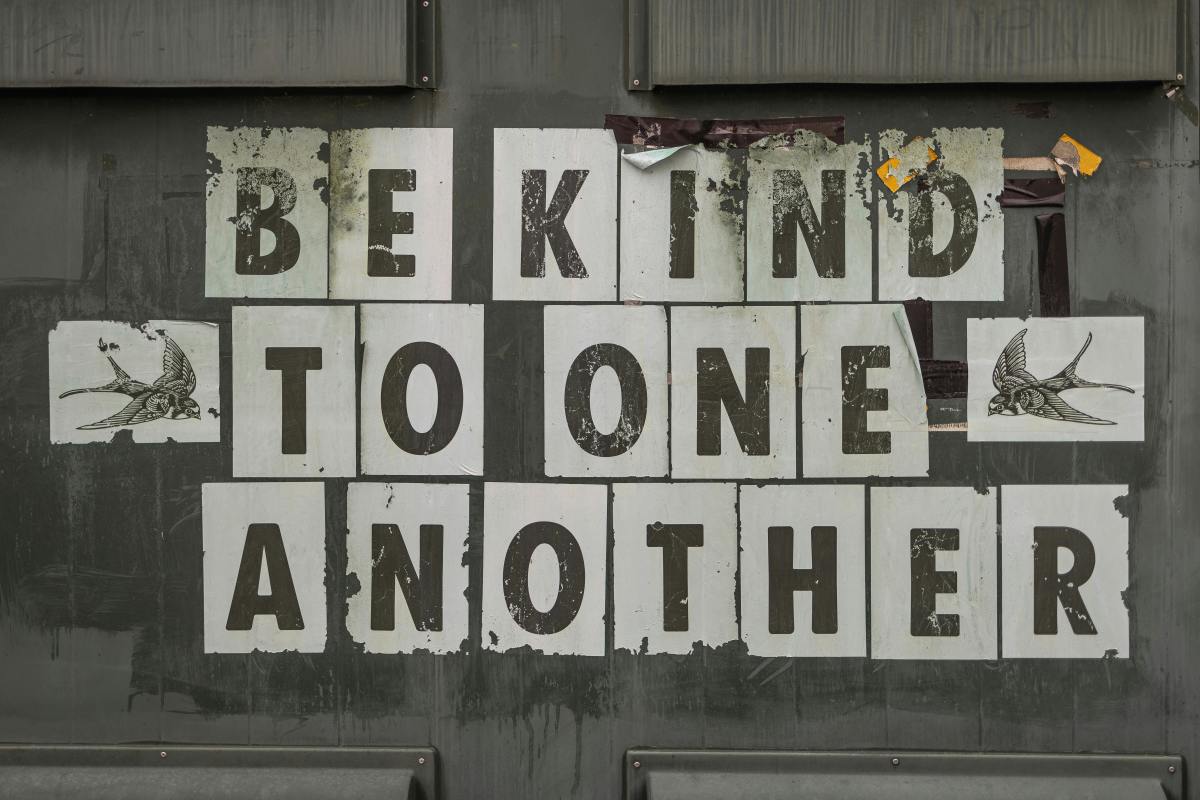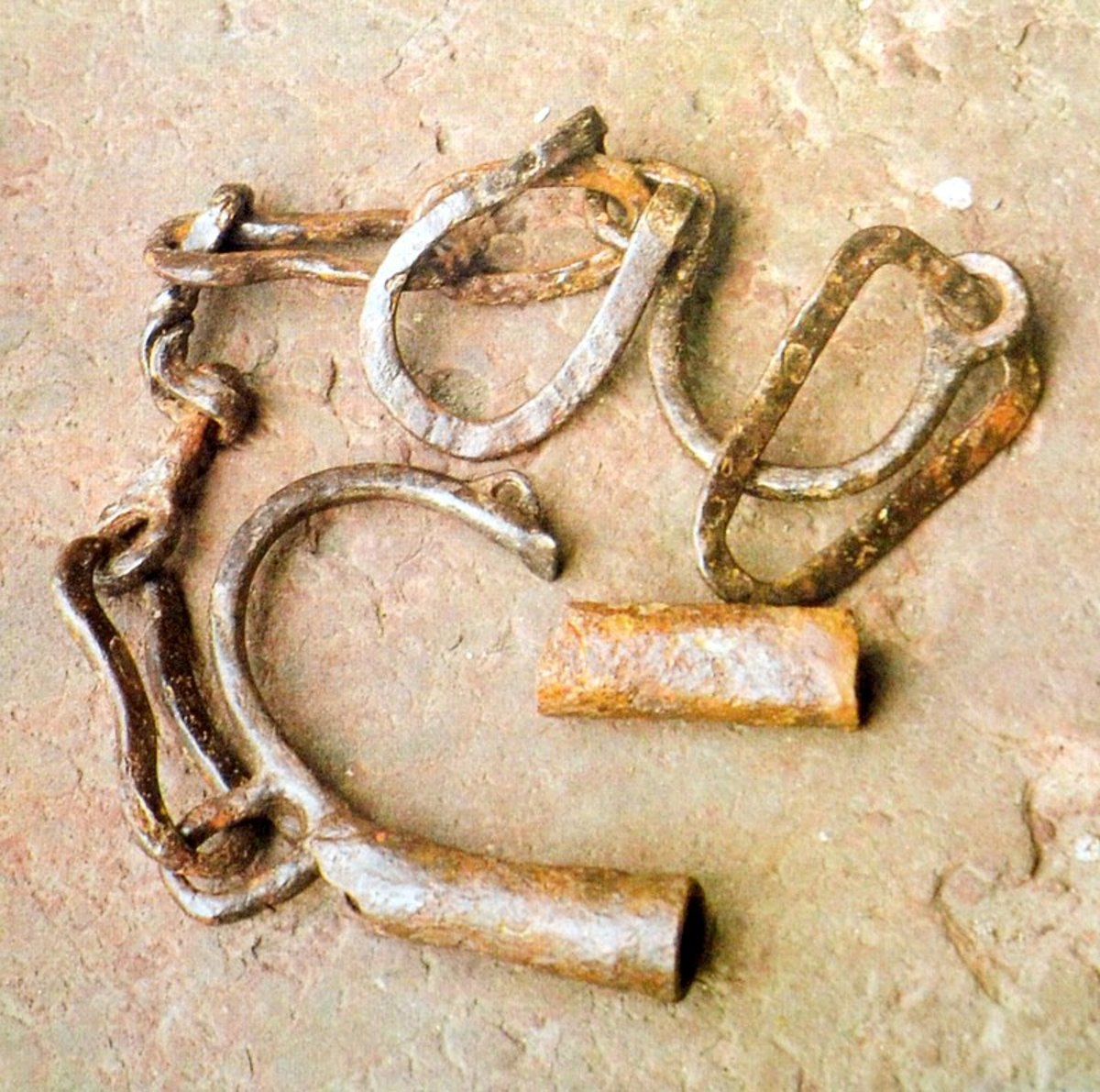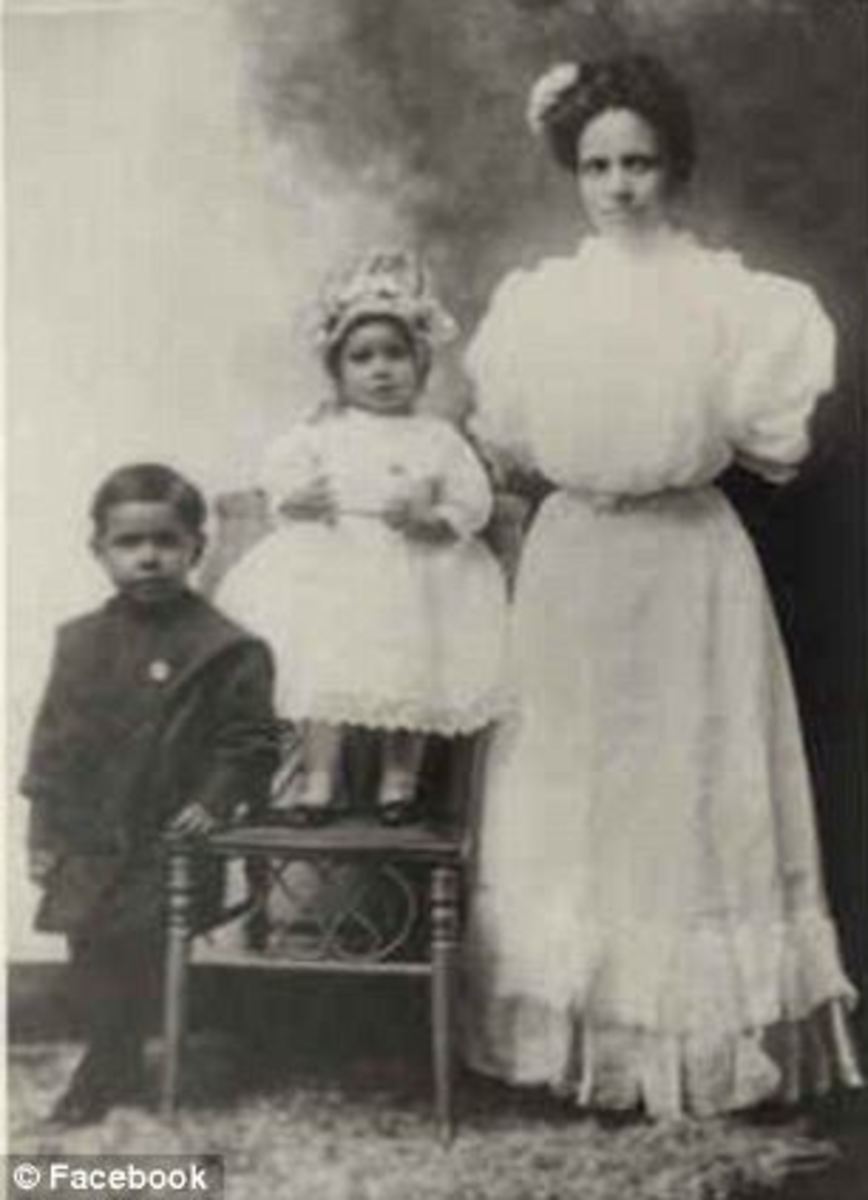The Challenge of Aiding Those In Need....When You Yourself Are In Need

During periods of societal stress, a growing bond can be observed between the members of almost every community. It is natural- and primal- for groups of people to come together in an effort to provide strength and solidarity during times of ordeal and instability. This phenomenon may exist during periods of political and country-based contentment, but is rarely more powerful than when individuals spanning across several regions experience struggle.
During the Great Depression in the 1930s, many families were only able to survive because of the aid that they received from neighbors and other members of their immediate communities. People employed the barter system as a means to feed their families and secure the basic necessities for life, and churches stepped forward to provide struggling Americans with such items as clothing and non-perishable food products. People gave what they could, and thus the spirit of giving saw many American families through the most difficult times of their lives.
Now, however, as America dutifully trudges through her second Depression, that same spirit of giving has changed dramatically. Due to the increased wealth of the nation since the 1930s, it appears as though the phenomenon of giving and receiving has changed form, often leaving individuals reminiscing about the "old days" when people were able to depend on one another for survival.
And so, the question remains: are random, genuine acts of kindness and compassion becoming a rarity?
A Dying Breed
After viewing the real-life video of bystanders saving a man trapped under a car, the reader will most likely experience a sense of pride. These individuals risked their own lives to aid a stranger and, in the process, were immortalized as heroes. Once the man was pulled to safety, these individuals walked away out of range of the camera, almost in acknowledgment that their duty to this endangered citizen was finished.
This video is also shocking in another way- the rate at which such anonymous acts of kindness occur has seemed to dwindle. Its overall effect on its viewers is one of such profound disbelief simply because in recent times, such action rarely seems to be observed.

Going The Distance
It is indeed proving more and more difficult for the private citizen to reach out and aid his or her fellow Americans. During this period of turmoil, it is almost impossible for one to give when one has nothing. And although the "good" being given in the above video is nothing but kindness, the current economical situation in America has divided her people down the middle, leaving them with the difficult decision of whether to help others, or themselves.
There are in fact many people coming forward to aid those around them in distress. Despite this, Americans are starting to play their cards closer to their chests. It seems that random giving is at a decline, and people are losing their empathy for their less fortunate neighbors.
No matter what the situation is, there will always be stories of random acts of kindness bubbling to the surface, as is featured in the article about the "pay-it-forward" restaurant, where a random person paid the bill for several soldiers dining behind them, sparking four hours of strangers paying one another's tabs. These acts are so unheard of in recent times but are needed in abundance now more than ever, as they appear to be on their way to becoming nonexistent all together.
Ways to Give Back
Kindness In 2011
It seems obvious (at least to the author) that the nation's crisis has motivated citizens to capitalize off of one another. Whereas this has always existed in the form of corporations and companies "nickel and diming" their customers even in periods of financial stress, it has become apparent that individuals are beginning to do the same. The majority of American citizens have become desperate to survive, and even at the expense of their fellow citizens. Very recently, the popular retail department Target launched its take on the Missoni Italian Fashion line, providing consumers with massive discounts on popular (and usually expensive) designer clothing items. But what was originally intended to serve as a sort of "stimulus" for Target's customers eventually turned into an occurrence that resembled a crazed public feeding frenzy, causing the collapse of Target's website.
This is disappointing, but not entirely surprising. This provided capitalism at its finest the opportunity to rear its ugly head; rather than enjoying their purchases on a personal level, many of the people who took advantage of the severely-discounted items chose to re-sell them on websites such as Craigslist and Amazon, dramatically increasing their prices and therefore earning themselves a profit. In a nutshell, Missoni designs some certain clothing items that cost anywhere between $1,500.00 and $2,400.00; Target has sold these same pieces for the more affordable prices of $10.00, $25.00 and $50.00.
After reading this, one may say that the individuals whom have performed this "flip" cannot be blamed for doing so. Desperate measures most certainly call for desperate times, but how desperate is a person that shops at Target for fashion items and then ups the cost to almost 200% of its original purchased-at price ?
A Disagreeable Trend
One can only hope that this type of behavior does not become a trend. And yes, it is acknowledged that this is only one example that supports the theory that less-than-generous behaviors are becoming mainstream due to the pressing economical times. But for those of us who closely observe the going-ons of society from a relatively safe distance and then comment on them, this appears to be a disturbing start to a very steep downward slope. The only saving grace of this unfortunate beginning of events is this: people will help one another, but only as long as the "helping" does not involve the one-sided exchange of money.

Opinion
There was once a time when people circumvented their own needs to aid others, with little or no attention paid to the prospect of personal reward. These individuals would provide one another with food, shelter when needed, and entertainment for both the adults and the children. In the opinion of the author, Americans need to revert back to those days when communities bonded with one another over shared struggles and desperate measures. It is time to come together as a nation and perform more acts of goodwill such as those observed in the video and detailed in the article. And, unless this occurs, America can expect more inner difficulty and the gradual but collective collapse of what our nation's society stands for.









